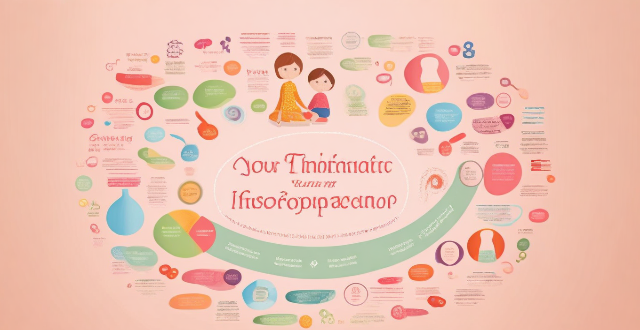Supporting your child in academic competitions involves encouragement, practical help, emotional intelligence development, networking, and ensuring their health and well-being.

How Can Parents Support Their Children in Participating in Academic Competitions?
Academic competitions can be a great way for children to challenge themselves, learn new skills, and showcase their abilities. As parents, supporting your child's participation in these events is crucial for their success and overall development. Here are some ways you can help:
Encouragement and Motivation
Acknowledge Effort
- Recognize the hard work and dedication your child puts into preparing for the competition.
- Praise them for their progress, even if they don't win or achieve the desired outcome.
Set Realistic Expectations
- Help your child understand that winning is not the only measure of success.
- Encourage them to focus on personal growth and learning from the experience.
Provide Emotional Support
- Be there to listen when they need to talk about their concerns or frustrations.
- Offer words of encouragement and remind them of their strengths.
Practical Assistance
Create a Conducive Study Environment
- Ensure that your child has a quiet and organized space to study and practice.
- Minimize distractions during their study time.
Manage Time Effectively
- Help your child establish a realistic schedule that balances competition preparation with other activities.
- Encourage breaks and leisure time to avoid burnout.
Offer Resources and Materials
- Provide access to relevant books, online resources, or tutoring services if needed.
- Consider enrolling them in workshops or classes related to the competition topic.
Emotional Intelligence Development
Teach Resilience
- Discuss scenarios where things don't go as planned and how to cope with disappointment.
- Emphasize the importance of perseverance and learning from failures.
Promote Healthy Competition
- Teach your child about sportsmanship and respect for fellow competitors.
- Encourage positive interactions and friendships within the competitive environment.
Develop Goal-Setting Skills
- Guide your child in setting achievable goals for each stage of preparation.
- Help them track their progress and adjust their strategies accordingly.
Networking and Social Opportunities
Connect with Other Families
- Encourage your child to interact with peers who share similar interests.
- Attend parent meetings or social events associated with the competition.
Seek Mentorship
- Introduce your child to people who have expertise in the competition subject matter.
- Seek guidance from teachers, coaches, or professionals in the field.
Leverage Technology
- Use online platforms to connect with communities focused on academic competitions.
- Join forums or groups where children can share tips, resources, and support each other.
Health and Well-being
Ensure Adequate Rest
- Make sure your child gets enough sleep to stay focused and alert during practices and competitions.
- Avoid sacrificing sleep for extra study time.
Promote a Balanced Diet
- Provide nutritious meals to fuel their brainpower and physical energy.
- Avoid excessive sugary snacks or drinks that may cause energy crashes.
Encourage Physical Activity
- Incorporate regular exercise into their routine to reduce stress and improve cognitive function.
- Sign them up for sports or fitness activities unrelated to the academic competition.
In conclusion, by providing encouragement, practical assistance, emotional intelligence development, networking opportunities, and ensuring health and well-being, parents can significantly contribute to their children's success in academic competitions while fostering a love for learning and personal growth.